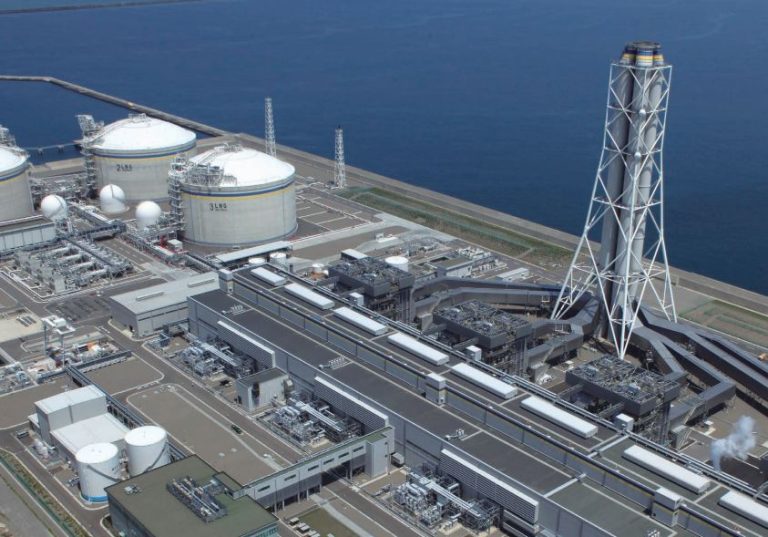This story requires a subscription
This includes a single user license.
The country’s LNG imports decreased 1.7 percent year-on-year to 5.43 million tonnes last month.
LNG imports also dropped compared to 5.72 million tonnes in August, which marked a year-on-year increase for the fifth month in a row.
The data shows that Japan imported 31.50 million tonnes during April-September, up by 5.1 percent compared to the same period last year.
Japan imported 5.62 million tonnes in July, 4.57 million tonnes in June, 4.87 million tonnes in May, 5.28 million tonnes in April, 5.55 million tonnes in March, 6.02 million tonnes in February, and 6.1 million tonnes in January.
Japan’s coal imports for power generation rose in September compared to the last year.
The data shows that coal imports were up by 27.8 percent to 10.73 million tonnes, and Japan paid about $1.56 billion for these imports, a rise of 6.2 percent compared to last year.
LNG import bill climbs
The September LNG import bill, which was about $3.28 billion, increased by 1.1 percent compared to the same month last year.
During April-September, Japan paid about $19.5 billion for LNG imports, up by 9.7 percent year-on-year.
JOGMEC said in a report last week that the average price of spot LNG cargoes for delivery to Japan contracted in September and scheduled to be delivered from the month onward (contract-based price) was $13.7/MMBtu.
Also, the average price of spot LNG cargoes that were delivered in Japan within the month of September regardless of the month when the contracts were made (arrival-based price) was 13/MMBtu.
JOGMEC previously said that the arrival-based and contract-based prices were not disclosed in August as less than two companies imported spot LNG.
LNG inventories
METI previously announced that Japan’s LNG inventories for power generation stood at 1.83 million tonnes as of September 1, down from 2.06 million tonnes the previous week.
According to METI, inventories stood at 2.09 million tonnes on September 8, 1.87 million tonnes on September 15, 1.63 million tonnes on September 22, 1.99 million tonnes on September 29, 2.02 million tonnes on October 6, and 2.08 million tonnes on October 13.
Deliveries to Japan
As per LNG shipments going to Japan in September, deliveries from Asia increased by 22.1 percent to 1.34 million tonnes, the ministry’s data shows.
Middle East LNG shipments rose by 66 percent to 726,000 tonnes in September.
Moreover, shipments from Russia rose by 11.7 percent to 432,000 tonnes, while US deliveries rose by 8.1 percent to 765,000 tonnes in September.
Second largest LNG importer
China has overtaken Japan to become the world’s top importer of LNG last year.
China’s LNG imports rose 12.6 percent to about 71.32 million tonnes in the January-December period, and the country imported 5.17 million tonnes more LNG than Japan in 2023.
China’s September LNG imports have not been published yet.
During January-August this year, China imported 50.29 million tonnes of LNG, a rise of 10.7 percent year-on-year.
Japan imported some 6.5 million tonnes of LNG less than China during the January-August period.

